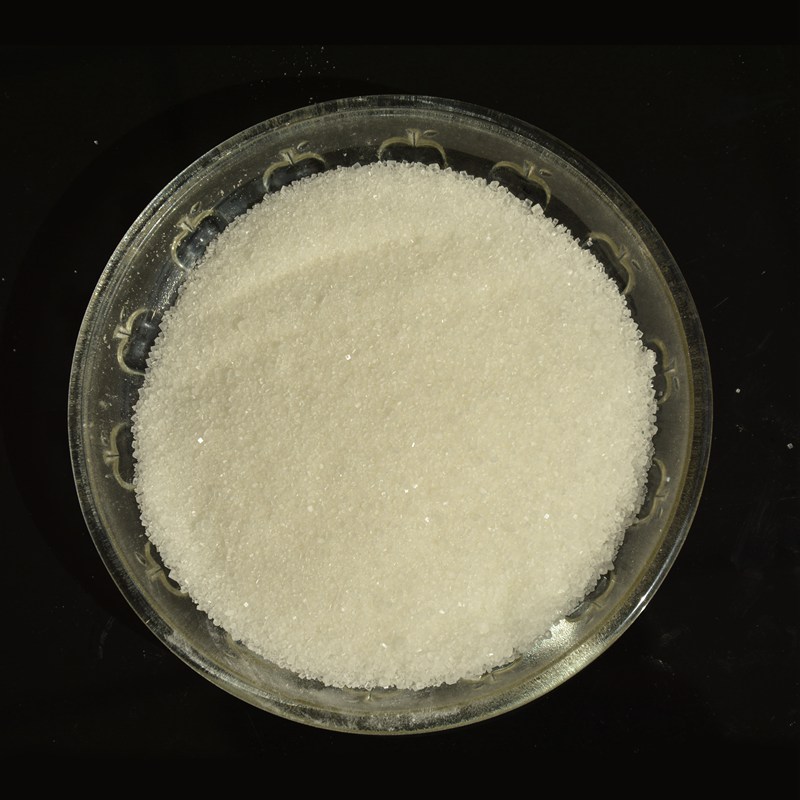
Окт . 13, 2024 14:16 Back to list
Top Ammonium Sulfate Fertilizers for Healthy Blueberry Growth and Production
The Best Ammonium Sulfate Fertilizer for Blueberries
Blueberries, known for their delicious flavor and numerous health benefits, thrive in acidic soils and require specific nutrients to flourish. One of the most effective fertilizers for growing blueberries is ammonium sulfate. This article explores the importance of nutrients for blueberries, the benefits of ammonium sulfate, and the best practices for its application.
Understanding Blueberry Nutrient Requirements
Blueberries require a well-balanced nutrient profile to produce healthy fruits. They thrive in soil with a pH between 4.5 and 5.5, and the availability of certain nutrients can be significantly impacted by soil acidity. Key nutrients for blueberry plants include nitrogen, phosphorus, potassium, and micronutrients such as iron and manganese. Among these, nitrogen plays a crucial role in vegetative growth and fruit development.
The Role of Ammonium Sulfate
Ammonium sulfate is a widely used nitrogen fertilizer that contains approximately 21% nitrogen and 24% sulfur. Its unique composition makes it particularly beneficial for acid-loving plants like blueberries. The ammonium form of nitrogen is readily available for plant uptake, promoting lush growth and robust fruiting. Additionally, the sulfur component helps in maintaining the acidic soil conditions that blueberries prefer.
Benefits of Using Ammonium Sulfate for Blueberries
1. Acidification of Soil Since blueberries require acidic soil, ammonium sulfate is ideal as it helps lower soil pH. This can enhance nutrient availability and improve plant health.
2. Immediate Nitrogen Supply The ammonium nitrogen in ammonium sulfate is quickly available for plant absorption, ensuring that blueberry plants receive the nutrients they need during critical growth stages.
3. Improved Fruit Quality A well-balanced nitrogen supply leads to better fruit quality, including enhanced flavor and size. Ammonium sulfate also contributes to the overall health of the plant, resulting in higher yields.
best ammonium sulfate fertilizer for blueberries

4. Reduced Risk of Nutrient Deficiencies Using ammonium sulfate can help prevent common nutrient deficiencies seen in blueberry plants, such as nitrogen deficiency and iron chlorosis, which occurs in alkaline conditions.
Best Practices for Applying Ammonium Sulfate
To maximize the benefits of ammonium sulfate, proper application techniques are crucial
1. Soil Testing Before applying any fertilizer, conduct a soil test to determine pH levels and nutrient deficiencies. This will guide the appropriate amount of ammonium sulfate needed.
2. Application Timing The best time to apply ammonium sulfate is in early spring, just before new growth begins. A second application can be made in late spring if necessary.
3. Application Rates Generally, the recommended application rate is about 0.1 to 0.5 pounds per plant, depending on the age and size of the blueberry bushes. Follow the guidelines from your soil test report to adjust the application accordingly.
4. Even Distribution When applying ammonium sulfate, spread it evenly around the root zone of the plants, avoiding direct contact with the stems to prevent burning. For optimal results, incorporate it lightly into the soil.
5. Watering After application, water the plants thoroughly to help dissolve the fertilizer and facilitate nutrient uptake.
Conclusion
Ammonium sulfate stands out as one of the best fertilizers for blueberries due to its ability to provide essential nutrients while maintaining the acidic soil conditions these plants thrive in. By following best practices for its application, blueberry growers can ensure their plants receive the optimal care needed for robust growth and an abundant harvest. With the right fertilizer strategy, cultivating blueberries can be a rewarding endeavor, both for home gardeners and commercial growers alike.
-
10-10-10 Organic Fertilizer - Balanced NPK Formula
NewsAug.02,2025
-
Premium Organic Manure Compost for Eco Gardens
NewsAug.01,2025
-
Organic 10-10-10 Fertilizer | Balanced Plant Nutrients
NewsJul.31,2025
-
Premium Amino Acid Fertilizer | Rapid Plant Growth Booster
NewsJul.31,2025
-
10 10 10 Fertilizer Organic—Balanced NPK for All Plants
NewsJul.30,2025
-
Premium 10 10 10 Fertilizer Organic for Balanced Plant Growth
NewsJul.29,2025
